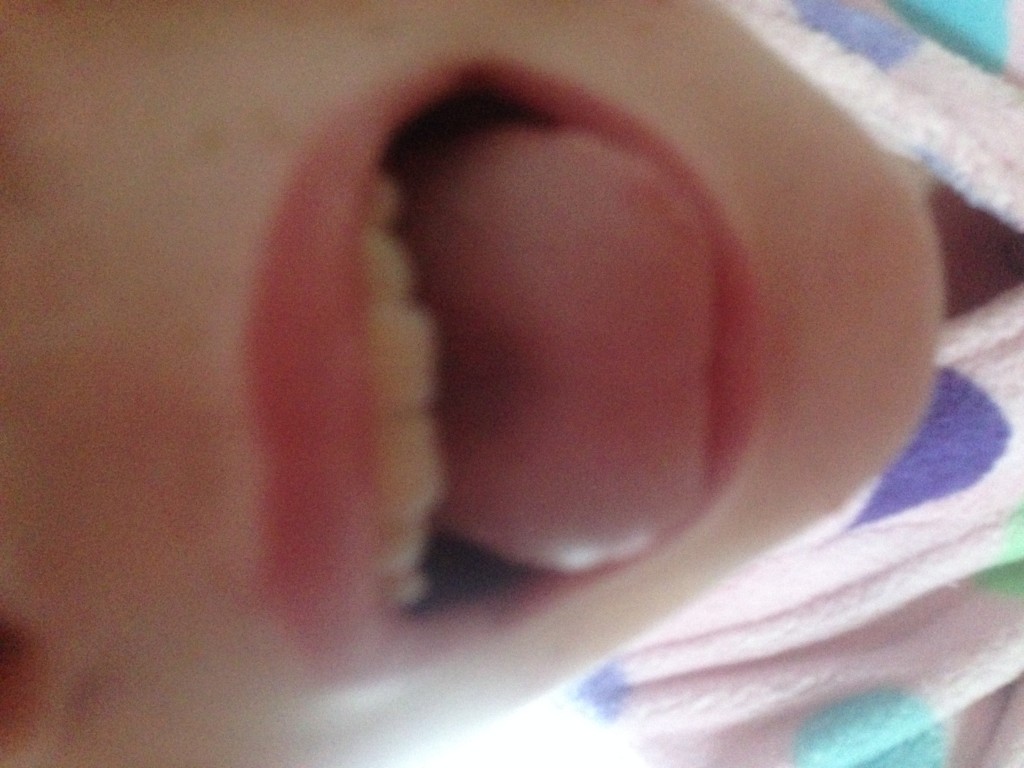
Diabetes rates continue to rise, with 11.7 million Canadians living with diabetes or pre-diabetes. At UBC, scientists have created a pain-free drug delivery method to help people with diabetes manage the disease and maintain their health more easily.
Researchers at the Li Lab have developed oral insulin drops that, when placed under the tongue, are quickly and efficiently absorbed by the body, potentially replacing the need for insulin injections.
The drops contain a mixture of insulin and a unique cell-penetrating peptide (CPP) developed by Dr. Shyh-Dar Li and colleagues.
A little help from a peptide guide
“Insulin is a complicated molecule,” explains lead researcher Dr. Li, a professor in the faculty of pharmaceutical sciences. “In pill form, it’s easily destroyed in the stomach. Insulin must also be rapidly available in the blood, but as a large molecule, it cannot get through cells easily on its own.” The peptide, sourced from fish byproducts, opens a pathway for insulin to cross over.
Pre-clinical tests showed that insulin with the peptide effectively reaches the bloodstream, whereas, without the peptide, insulin remains stuck in the inside lining of the mouth.
“Think of it as a guide that helps insulin navigate through a maze to reach the bloodstream quickly. This guide finds the best routes, making it easier for insulin to get where it needs to go,” said Dr. Jiamin Wu, a postdoctoral researcher in the Li Lab.
Recent articles in the Journal of Controlled Release (here and here) describe two versions of the peptide. The UBC team is working to license the technology to a commercial partner.
Keeping medications on track
Healthy people naturally get insulin from the pancreas to regulate glucose after meals. Diabetes patients cannot produce sufficient insulin and need to get it from an outside source.
Unregulated glucose can be very dangerous, so diabetes patients must monitor their glucose levels and take insulin to lower it when necessary. While injections are the fastest way to get insulin into the blood, patients typically need at least three to four injections daily, affecting their quality of life. Adherence to this regimen is challenging, and over time, this can cause severe complications such as eye, kidney and nerve damage, potentially leading to limb amputations.
“My lab has been working on needle-free insulin alternatives these past three years,” said Dr. Li. “We tried nasal sprays before landing on oral drops, which are easy and convenient. Hopefully, the oral drops open up a new possibility for diabetes patients – making it easier to take their medications and regulate their blood glucose to maintain their health in the long run.”